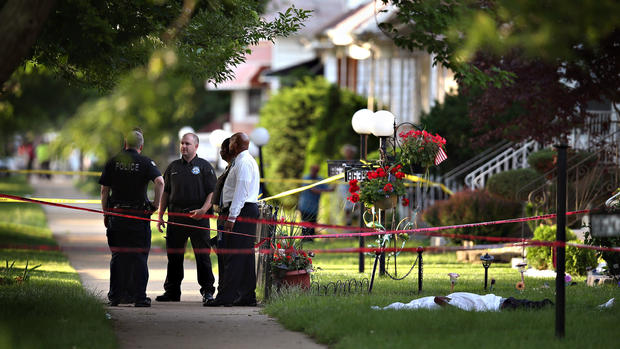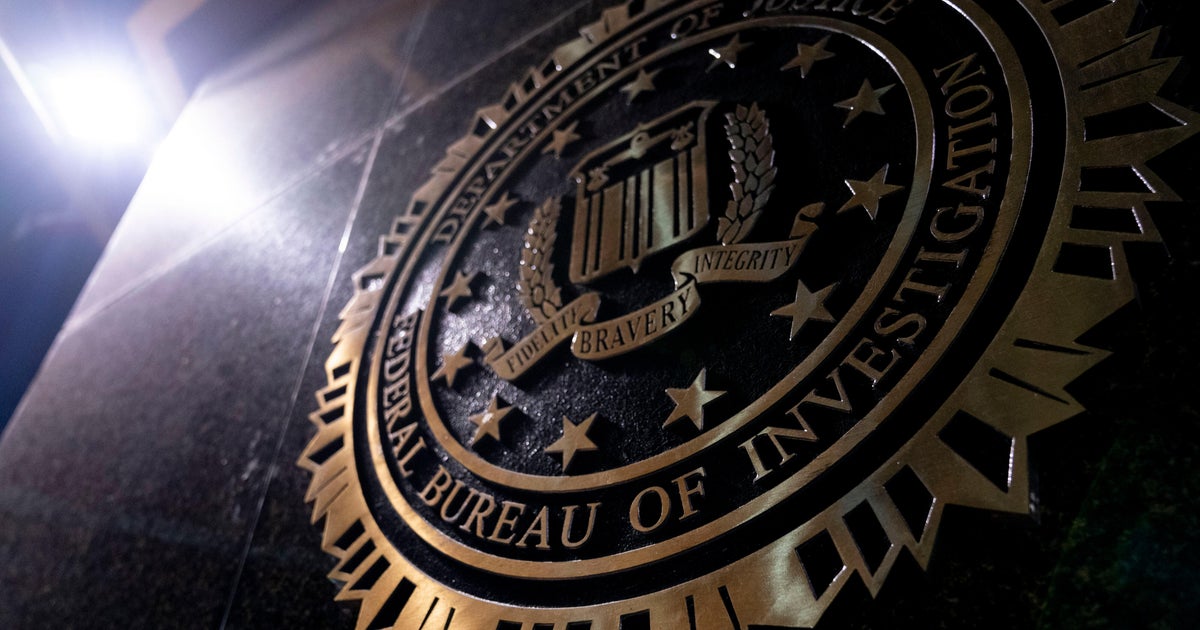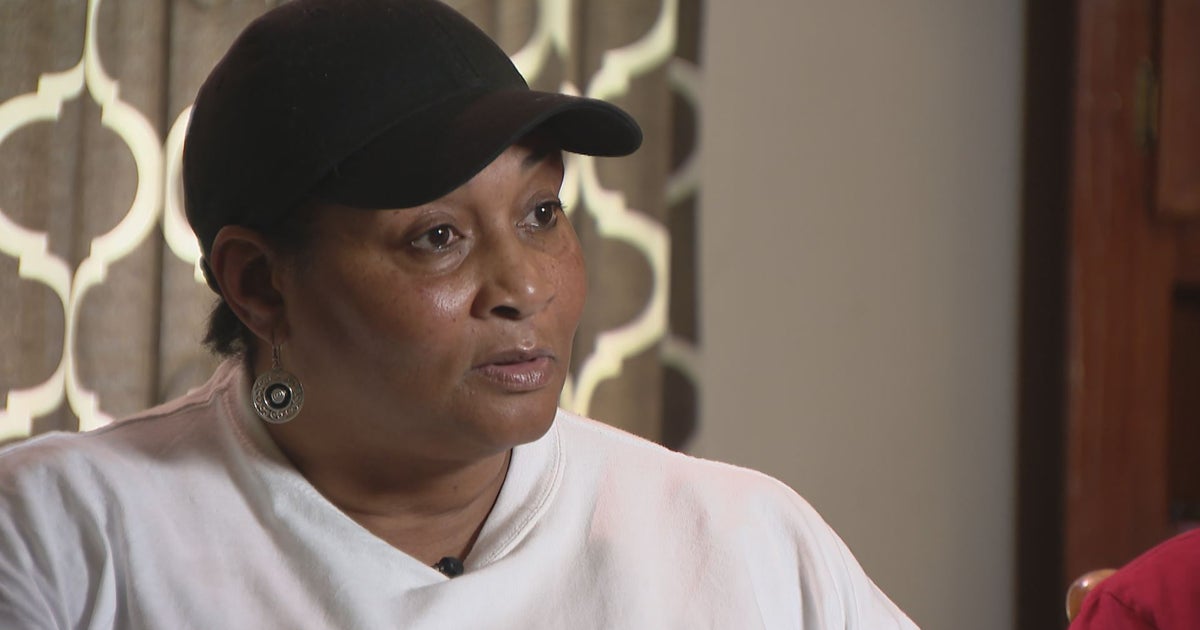Scathing DOJ report finds Chicago police use excessive force
CHICAGO -- Institutional problems within the Chicago Police Department have led to serious civil rights violations for years, including racial bias against blacks and a tendency to use excessive force, according to a U.S. Department of Justice report released Friday.
The Justice Department launched its investigation of the 12,000-officer force - one of the nation’s largest - in December 2015 following the release of dashcam video showing a white police officer shoot a black teenager, Laquan McDonald,16 times as he walked away holding a small, folded knife. The video of the 2014 shooting, which the city fought to keep from being released, inspired large protests and cost the city’s police commissioner his job.
Among other findings, the report found city police used excessive force and that “this pattern is largely attributable to systemic deficiencies within CPD and the City.” It also cited insufficient training and a failure to hold bad officers accountable.
Federal authorities and city officials have signed an agreement that offers a broad outline for reform, including commitments to improved transparency, training and accountability for bad officers. The Justice Department and the city will negotiate a final settlement to be enforced by the courts.
Attorney General Loretta Lynch said the report lays “the groundwork for the difficult but necessary work of building a stronger, safer, and more united Chicago for all who call it home.”
In assembling the 161-page report, investigators reviewed more than 170 shootings involving officers and more than 425 examples of less lethal force. They also spoke with more than 340 officers and accompanied some on patrol, according to the report.
The report found instances of police shooting at people who pose no immediate threat, said Vanita Gupta, head of the DOJ civil rights division. Police used stun guns on people for no other reason than they did not obey officers’ verbal commands, Gupta said. Officers endangered civilians, caused avoidable injuries and deaths, and eroded community trust that is “the cornerstone of public safety,” Gupta said.
The federal government’s recommendations follow an especially bloody year on Chicago streets. The city logged 762 homicides in 2016, the highest tally in 20 years and more than the combined total of the two largest U.S. cities - New York and Los Angeles.
Gupta acknowledged that Chicago is experiencing a drastic uptick in gun violence, but said “this context only heightens the importance and the urgency of our findings.”
The findings say officers often don’t fully report use of force incidents and supervisors don’t adequately review them. It found that officers are too rarely held accountable for misconduct, and when complaints against officers are investigated, those probes are often “glacially slow,” Gupta said.
Chicago has spent more than half a billion dollars to settle claims of police misconduct since 2004, but police did not conduct disciplinary investigations in half of those cases, according to the federal report. Of 409 police shootings that happened over a five-year period, police found only two were unjustified.
The Justice Department criticized the city for setting up barriers to getting to the bottom of police misconduct, including provisions in union agreements, a failure to investigate anonymous complaints or those submitted without a supporting affidavit, and a “pervasive cover-up culture.”
It said that witnesses and accused officers were frequently never interviewed at all, that evidence went uncollected and that witnesses were routinely coached by union lawyers - “a dynamic neither we nor our law enforcement experts had seen to nearly such an extent in other agencies.”
“The procedures surrounding investigations allow for ample opportunity for collusion among officers and are devoid of any rules prohibiting such coordination,” the report said.
Mayor Rahm Emanuel said the issues highlighted in the report can be solved by what most Chicago officers are “doing right every day.” He called reform the “path of progress” and called for the community to support the department as they adopt the changes.
“Our officers know they need to earn the trust of the residents they serve and the community they police – they don’t get a blank check,” Emanuel said. “But when they do, they need to hear from all of us that they are appreciated and their work is important.”
The mayor said Friday that the city has already made some of the recommended changes, citing de-escalation training and stricter use-of-force polices.
Emanuel also addressed the Justice Department’s concern that officers do not have nearly enough supervision. He pointed to his decision to increase the number of lieutenants and other supervisors.
The perception that Emanuel badly mishandled the Laquan McDonald shooting hurt the former Obama chief of staff politically and he may feel pressure to address all, or nearly all, of the Justice Department’s findings to restore his political fortunes.
Superintendent Eddie Johnson acknowledged the work needed to restore the trust between the police and the community and said his department needs to do a better job “mentoring, supporting and training” officers. He announced every officer would be equipped with a body camera by the end of the year and would be trained in a new use-of-force policy.
“Quite simply, as a department, we need to do better,” Johnson said. “You have my promise and commitment that we will do better.”
Under President Barack Obama, the Justice Department has conducted 25 civil rights investigations of police departments, including those of Cleveland, Baltimore and Seattle. The release of a report is one step in a long process that, in recent years, has typically led to bilateral talks between the Justice Department and a city, followed by an agreed upon police-reform plan that’s enforceable by a federal judge.
Chicago’s case is unique in that the report comes just days before a change from an administration that strongly backed the process to President-elect Donald Trump’s, whose commitment to such federal scrutiny is unclear.
Alabama Sen. Jeff Sessions, Trump’s pick for attorney general, expressed ambivalence at his confirmation hearing this week about the federal review process. He said he was concerned that broad investigations of police departments risk smearing an entire agency and harming officer morale.
The head of Chicago’s police union said the Justice Department hurried the investigation to release its findings before Trump takes office.
In a statement sent minutes before the report was posted online, Fraternal Order of Police President Dean Angelo questioned whether the investigation was compromised because of its timing.
Chicago’s police department has long had a reputation for brutality, particularly in minority communities. The most notorious example was Jon Burge, a commander of a detective unit on Chicago’s South Side. Burge and his men beat, suffocated and used electric shock for decades starting in the 1970s to get black men to confess to crimes they didn’t commit.
The McDonald video, which showed Officer Jason Van Dyke continuing to shoot the teen even as he slumped to the ground, unmoving, provoked widespread outrage. It wasn’t until the day the video was released, which was more than a year after the shooting, that Van Dyke was charged with murder. He has pleaded not guilty. Police reports of the shooting later suggested a possible cover-up by other officers who were at the scene.




